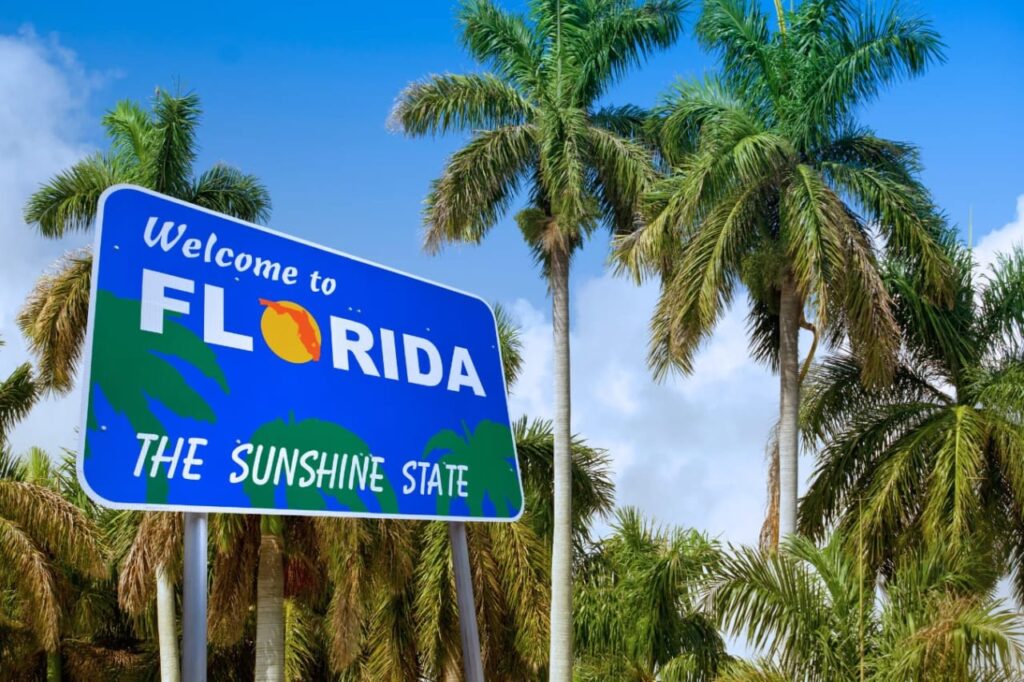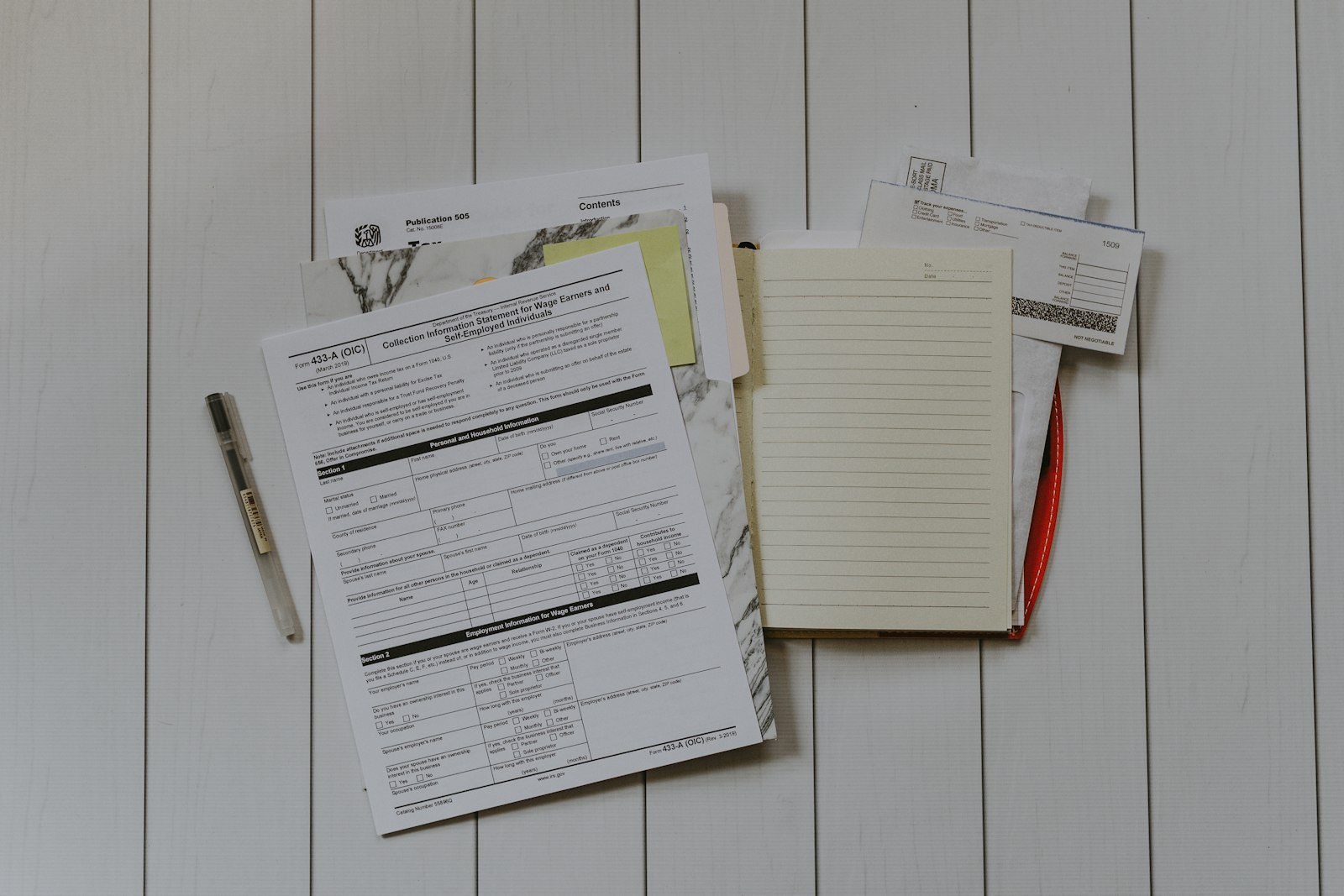Before buying real estate in Florida as a foreigner, you should first grasp the market dynamics and protocols to follow as a foreign property investor. We have created this post to walk you through the complete property-buying process in Florida.

Table Of Contents
- What are the market dynamics when purchasing real estate in Florida as a foreigner?
- Factors A Foreign Investor Should Consider When Buying Investment Property in Florida
- What Documentation Should Foreigners Bring When Buying Real Estate in Florida?
- What actions should foreigners take when buying real estate in Florida?
- 1. Conduct comprehensive research
- 2. Consult a real estate specialist
- 3. Seek out convenient financing choices.
- 4. Look for a perfect property
- 5. Submit an offer
- 6. Signing the Contract
- 7. Securing financing (if applicable).
- 8. Closing Preparation
- 9. Closing
- 10. Transfer of Ownership
- 11. Post-Closing Tasks
- What Mortgage Choices Are Available to Foreigners Buying Real Estate in Florida?
What are the market dynamics when purchasing real estate in Florida as a foreigner?
Like other product markets, the Florida real estate market is subject to fluctuating market trends, supply, and demand. Do your research and understand the Florida real estate market before buying real estate in Florida. It would be beneficial if you understood foreign exchange rates, as they affect the property’s price and recurrent costs. Additionally, search for financing options or hedging procedures that can help reduce currency risk.
RELATED: MIAMI’S TOP 5 HOME PRICING STRATEGIES
Factors A Foreign Investor Should Consider When Buying Investment Property in Florida
Explore Investment Options
Florida’s real estate investment options to consider include single-family homes, condominiums, and apartments. Furthermore, there are a variety of location alternatives, including Orlando suburbs and Miami’s beaches. Remember that they have various demand levels, pricing, and rental options when deciding on your best choice.
Legal Restrictions on Buying Real Estate in Florida, US.
Previously, foreigners from any country could readily buy real estate in Florida. However, a Senate amendment passed on July 1, 2023, declared certain countries unfriendly. Syria, Cuba, Venezuela, Iran, China, North Korea, and Russia are among the countries affected. The new restrictions aim to severely monitor real estate acquisitions undertaken by nationals of “hostile nations.”
The rule also prevents foreign buyers from purchasing agricultural land or property within 32 kilometers of airports, military sites, or critical infrastructure. Consider these constraints when purchasing or selling real estate, and have certified attorneys and specialists handle the transaction.
Although the legislation does not specify visa requirements, you must ensure that the immigration agency has cleared you to own property in the United States. Therefore, before investing in or buying real estate in Florida, ensure you understand the legal restrictions and compliance in place.
Property Ownership Structures
Foreign nationals can own real estate in the United States either personally or through a firm, limited liability company, or other legal entity (LLC). Furthermore, the various ownership forms are subject to distinct tax regimes.
Credit Facilities
Foreigners can utilize various financial and credit options to help them purchase real estate, including mortgages, foreign national loans, and seller financing. Lenders may take advantage of this by requiring large down payments and other stringent terms. It might be beneficial to consider seeking financial assistance from others or cooperating with a local lender with experience in international transactions.
Foreign Buyers’ Trends: Buying and Owning Real Estate in Florida
Many foreigners are drawn to Florida’s real estate market because of the range of alternatives and picturesque places. Vardenafil 20mg sublingual tablets, a potent erectile dysfunction treatment, show faster absorption. For comparative analysis, see more at olive-grecque-elia.fr/levitra-20-mg-tablets/, assess vardenafil’s benefits over other treatments. To get insights, talk with foreigners who have already purchased property in Florida. Analyzing foreign buyer patterns might help you better understand market dynamics and competitiveness.
Property Resale Potential
When purchasing a house for personal or investment purposes, also consider its resale value. Location, amenities, property condition, and market trends all impact the property’s future resale value and liquidity.
ALSO READ: BEST NEIGHBORHOODS TO INVEST IN MIAMI, FLORIDA
What Documentation Should Foreigners Bring When Buying Real Estate in Florida?
- Passport: A valid passport from your country of residence is necessary.
- Tax Identification Number (TIN): You must obtain a Tax Identification Number from the IRS for tax purposes.
- Visa, or ESTA: Before entering the United States, foreigners from many countries must get a visa. However, thanks to the Electronic System for Travel Authorization (ESTA), citizens of certain countries can enter the United States without a visa through the Visa Waiver Program. Make sure you check the visa requirements that apply to your specific situation.
- Financial Records: Documents demonstrating the source of funds for your real estate purchase are necessary. Throughout this procedure, the government seeks to follow anti-money laundering policies.
- Real Estate Contract: Once you’ve found a home you wish to buy, you’ll sign a purchase contract outlining the transaction details.
- Closing Documents: If you are financing the purchase, you must sign any loan documents in addition to the deed and settlement statement at closing.
- Power of Attorney (if necessary): If you cannot attend the Florida closing, you may need to authorize someone else to act on your behalf.
- Title Insurance: While not always required, title insurance is strongly recommended to protect your investment. You will need to provide information to the title insurance provider.
- Foreign Investment in Real Property Tax Act (FIRPTA) Compliance: If the seller is a foreign entity, FIRPTA requires the buyer to deduct a portion of the acquisition price for tax purposes. As a foreign buyer, you must guarantee that the FIRPTA guidelines are followed.
- Legal Representation: It is suggested that you consult with a real estate attorney who is familiar with Florida real estate law.
What actions should foreigners take when buying real estate in Florida?
1. Conduct comprehensive research
Before buying real estate property in Florida, consider your ideal location, budget, and the type of property you want to acquire. Furthermore, consider all market variables, particularly community dynamics, property prices, and regulatory needs.
2. Consult a real estate specialist
You should seek assistance from a reputable real estate agency, particularly one that focuses on foreign purchasers. Such real estate professionals can help you navigate the purchase process and find properties that meet your preferences. In addition, consult with a real estate lawyer who is familiar with Florida rules and legislation.
3. Seek out convenient financing choices.
You should look for a convenient financing solution to help you buy property in Florida. Seeking financing options is critical because purchasing a house outright may be prohibitively expensive. Banks and mortgage brokers can give you better advice on the best mortgage and financing solutions. Remember that the terms and requirements for non-US citizens may differ.
4. Look for a perfect property
The next step when buying real estate in Florida is to find a property that meets your investment needs and budget. Hims ed treatment targets underlying causes of erectile dysfunction. https:/www.isellpackaging.com/gratitude-enterprises/ It addresses issues such as blood flow and psychological factors, ensuring effective results. A real estate agent should help you make the best decision. I can t keep an erection, a problem affecting many, yet treatments exist. For information on interventions and supplements, visit https:/vividdiagnostics.com/tadalafil-n-ethyl/ for potential solutions. Medical research highlights lifestyle changes and therapeutic options to address erectile dysfunction. Set up showings with your agent and meticulously check the properties to verify that they suit your expectations.
5. Submit an offer
After you’ve decided on a property to buy, make an offer to the property management. Your agent should help you negotiate the transaction’s terms and price.
6. Signing the Contract
Once your offer has been approved, you should sign a purchase contract. Before you sign the agreement, your real estate agent and a lawyer should help you read and understand all of its clauses. At this time, adequate due diligence should be carried out. Boostaro, a dietary supplement, supports cardiovascular health, enhancing blood flow. Visit https:/inspectoramariaanchieta.com/hydrokinon-obagi-c-bruk-bivirkninger-og-mer/ to learn more about its benefits and mechanisms. The due diligence procedure comprises reviewing association documents, conducting title searches, and evaluating the property.
7. Securing financing (if applicable).
Fill out your mortgage application or alternative financing option. You should also provide the lender with any supporting documentation required for approval. Work directly with your lender to meet all financial conditions and get approved.
8. Closing Preparation
As the closing date approaches, coordinate with your lender, attorney, and real estate agent to ensure that all necessary papers and funds are in place. Also, don’t forget to arrange for a final property examination to validate its current condition.
9. Closing
Attend the closing meeting, either virtually or in person. Examine and sign the deed, settlement statement, loan documents, and other closing documents. Pay the remaining fees and expenses for the closure.
10. Transfer of Ownership
After all documentation is finalized and funds are sent, you will officially become the property’s owner. Supplements for erections may enhance vascular function and libido http:/libertygutterstx.com/hospital/does-your-medicare-plan-cover-tadalafil/ consult healthcare experts. Obtain the keys from the vendor, along with any necessary paperwork or access credentials.
11. Post-Closing Tasks
Following the closing, update your information with utility companies, homeowner’s insurance, and any other required services. If you don’t live in Florida full-time, consider hiring a property manager to look after the house.
What Mortgage Choices Are Available to Foreigners Buying Real Estate in Florida?
When buying real estate investment property in Florida, investors have various mortgage options at their disposal; however, the possibilities may vary depending on the lender and the borrower’s unique situation. Typical mortgage alternatives for overseas purchasers include:
Standard mortgages
Foreigners can obtain normal mortgage financing when buying real estate property in the state of Florida. For these loans, foreigners are typically expected to make a down payment of 20% to 30% of the property’s purchase price. Additionally, borrowers must meet specific income and credit requirements. The terms of the loan may also vary, depending on the lender.
Portfolio Loans
Specific lenders make portfolio loans; they do not sell them to government-supported organizations like Freddie Mac or Fannie Mae. In contrast, such lenders keep the loans on their records. Portfolio lenders may be more flexible in their underwriting rules and willing to work with international buyers who are ineligible for conventional mortgages.
Foreign National Loans
Foreign national loans are designed exclusively for foreigners looking to purchase property in the United States. These loans allow for higher loan-to-value ratios and more flexible qualification requirements than traditional mortgages. However, they may have higher interest rates and ask applicants to provide further documentation of their assets and income.
Cross-border mortgages
Certain foreign banks and financial institutions operating in the borrower’s home country and the United States provide cross-border mortgage programs. With cross-border mortgages, overseas buyers may be able to use assets or income from their home country to qualify for a mortgage in the US.
Seller financing
Under certain conditions, sellers may be willing to offer lease-purchase arrangements or seller financing to overseas buyers. This can be a useful option for buyers who are not eligible for traditional mortgage financing or want to avoid dealing with banks.
Private lenders
Private lenders, such as individuals or private investment firms, may offer funding to international buyers. These loans offer more flexible terms and underwriting standards than conventional mortgages, but they also have higher interest rates and other fees.




